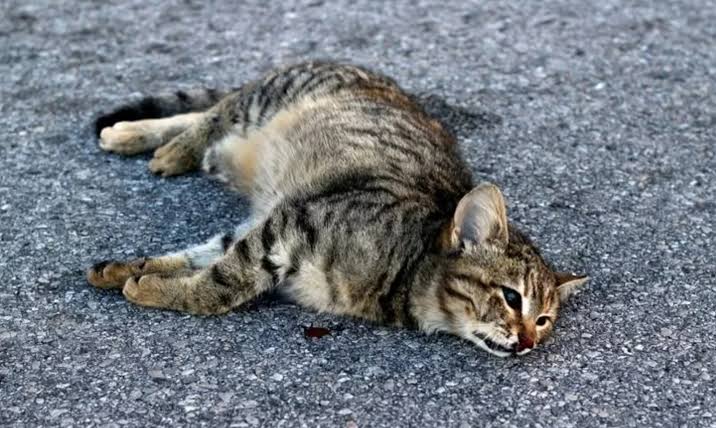How to Get Over a Dead Cat – It is not unusual for a grieving pet owner to find herself combing the Internet in search of helpful tips regarding how to get over a dead cat. Ultimately, factors such as time and your inherent emotional disposition will be the governing issues over your recovery.
How to Get Over a Dead Cat
For many individuals, a pet becomes a cherished family member. In fact, for some individuals, a pet is the closest thing to a family, so it’s no surprise that certain pet owners find themselves completely devastated when their cat dies. The feelings associated with the death of the pet may be no different from those related to the loss of a friend or relative. Such circumstances can be made even more difficult should those around you express a lack of sympathy for your plight, perhaps by remarking: “But it’s just a cat!”
Although time and a fresh perspective will be the most effective aids to your recovery, many cat owners have discovered their helpful methods regarding how to get over a dead cat.
The Replacement Method
Sometimes losing a pet can function like a bad breakup. Individuals who have just gone through a painful breakup or divorce can shut down emotionally and find themselves locked in a depression. A large number of these people only recover from depression by finding a new love.
Likewise, many pet owners get over their cat-death grief by purchasing a new cat. Running down to the local shelter to pick up a new kitten or cat will not only give you a new pet to cherish, but it will also spare this poor animal from being euthanized later. The hope and altruism packed into this process may lift you out of your depression.
Moreover, all of “Fluffy’s” old toys and accessories will be put to good use. You won’t find yourself staring halfheartedly at your cat’s felt mouse while wondering whether or not it is time to throw everything away. There is a downside to this method. Some individuals, instead of distracting themselves or transferring love over to the new pet, experience extreme disappointment with their new feline merely because they cannot stop comparing the new animal to the old.
These cases can sometimes even lead to abuse or neglect of the new feline; hence, a pet owner must have a solid psychological past and a true love of animals for the replacement method to be effective. Your new cat will never be the same as your previous kitty, but most individuals will find themselves capable of loving the new pet just as much.
Grief Buddies
If you aren’t ready to purchase a new cat, you might find it a valuable experience to peruse pet loss forums in search of a support group. Many large cities may have legitimate support groups for individuals with deceased pet grief. Pet-Loss.net provides viewers with a list of online resources and phone numbers that can help a bereaved pet owner toward recovery.
Talking with others who have experienced similar loss may help you acknowledge and accept the present conditions. Moreover, if you are one of the individuals who receives the “It’s just a cat!” comments, a support group can be vital.
The downside of this method is that a support group can also lead to self-indulgent emotions. You and your group members may devote too much time to grieving and not enough time to eventually work yourselves out of the group so that the “support” aspects serve to weigh all of you down. If your personality is more ambitious and driven, the replacement method may be more effective than a support group.
The Importance of Time
Regardless of how your pet died, or the significance of your cat within the home, the most important element of recovery will be time. If you have only recently lost your cat, you must try to remember that the way you feel currently should be mitigated over the next few months. Should your symptoms of mourning not dissipate over a few months, you may have a legitimate reason to seek therapy or counseling to learn why your psyche is having such a difficult time adapting.
Rest assured, grief is normal. However, grief that persists or worsens over time and renders you psychologically defunct is not a healthy situation.

